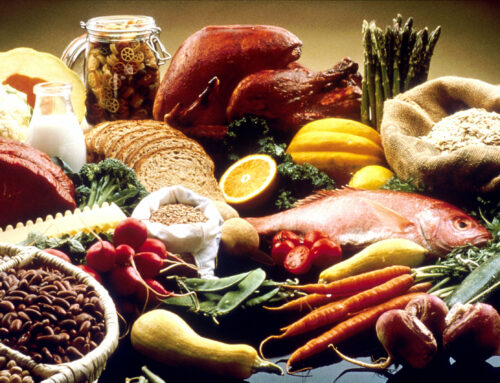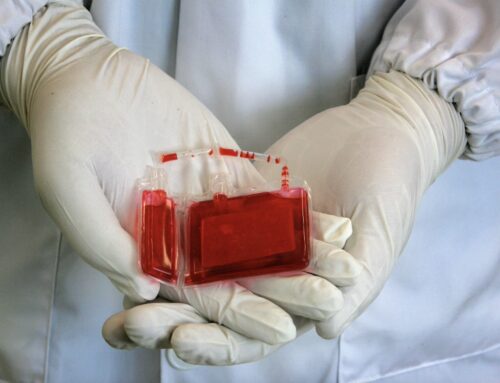Diabetic Sick-Day Guidelines
Sick day rules for type 2 diabetes are guidelines to help individuals manage their diabetes when they are unwell, as illness can affect blood sugar levels and increase the risk of complications. Here are some general sick day rules for managing type 2 diabetes:
- Monitor blood sugar frequently: Check your blood sugar levels more frequently than usual, at least every 2-4 hours. This helps you track any changes and adjust your diabetes management plan accordingly.
- Stay hydrated: Drink plenty of fluids, especially water, to prevent dehydration. If you are unable to eat, try to consume fluids that contain sugar and salt to maintain electrolyte balance.
- Continue taking diabetes medications: Unless advised otherwise by your healthcare provider, continue taking your diabetes medications, including insulin or oral medications.
- Eat small, frequent meals: If you are able to eat, try to consume small, frequent meals that are easy on your stomach. Include carbohydrates to maintain your energy levels.
- Be prepared for hypoglycemia: Illness can increase the risk of hypoglycemia (low blood sugar). Keep fast-acting carbohydrates on hand, such as glucose tablets or juice, to treat low blood sugar if needed.
- Contact your healthcare provider: If you are unsure how to manage your diabetes during illness, or if your blood sugar levels are consistently high or low, contact your healthcare provider for guidance.
- Rest and prioritize recovery: Allow yourself time to rest and recover from illness. Stress and fatigue can affect blood sugar levels, so getting enough rest is important.
It’s important to have a sick day plan in place before you become ill. Work with your healthcare provider to develop a plan that is tailored to your specific needs and diabetes management regimen.
When should a diabetic go to the ER?
A diabetic should consider going to the emergency room (ER) if they experience any of the following symptoms:
- Severe Hypoglycemia (Low Blood Sugar): If blood sugar levels drop too low and the person is unable to consume glucose orally, leading to confusion, unconsciousness, or seizures.
- Hyperglycemia (High Blood Sugar): If blood sugar levels are consistently high and accompanied by symptoms like extreme thirst, frequent urination, fruity-smelling breath, or confusion.
- Ketoacidosis: A serious complication of diabetes where the body produces high levels of blood acids called ketones, which can lead to diabetic ketoacidosis (DKA). Symptoms include vomiting, abdominal pain, rapid breathing, and confusion.
- Infections: Diabetics are more prone to infections, and if an infection becomes severe or is accompanied by high blood sugar levels and other symptoms, it may require immediate medical attention.
- Severe Dehydration: Persistent vomiting or diarrhea, especially if accompanied by high blood sugar levels, can lead to dehydration, which requires medical intervention.
- Other Serious Symptoms: Such as chest pain, difficulty breathing, sudden weakness or numbness, or any other severe symptoms that are not improving.
In any of these cases, seeking immediate medical attention at an ER is crucial to prevent serious complications.




